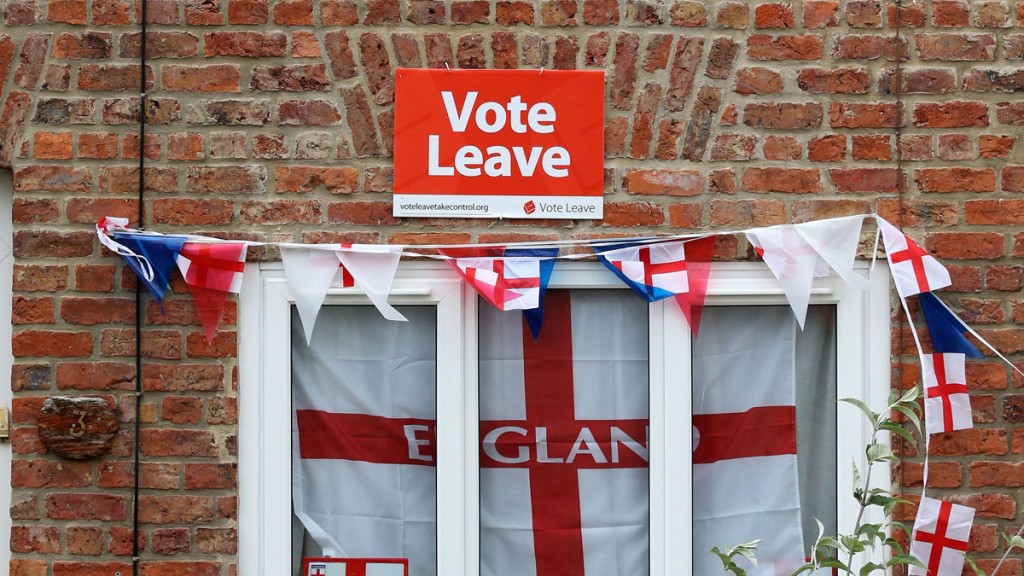
What impact will Brexit have on the housing market? Prior to the vote, the Treasury warned that prices would be 10% to 18% lower than they would otherwise have been by 2017/2018. Was George Osborne right to be so pessimistic? At first sight, it may seem so. Estate agency Foxtons set the tone early, warning this week that its full-year profits would be “significantly lower” than last year, following the Brexit vote. “The upturn in the second half of this year is now unlikely to materialise.” The company saw its share price fall by more than a fifth on Monday as a result.
The Brexit clause
Various mortgage brokers and estate agents are warning that they’ve seen deals cancelled. For example, London-based private residential developer Galliard Homes said this weekend that one buyer had taken advantage of a “Brexit clause” that it had offered, “allowing a get-out if the UK voted to leave”, reports Judith Evans in the Financial Times. And vague concerns about job security and falling prices seem to have persuaded a few people to drop deals, or at least consider renegotiating.
One mortgage broker told Evans: “One client said they weren’t going to go ahead because they were worried about negative equity. The other one said they were going to postpone because they wanted to be in a more stable position… If a lot of people start thinking like that, it could be house-price readjustment day.”
So the Treasury was right? Perhaps not. In the context of Foxtons’ profit warning, note that London property was already on the ropes. The Cadogan Estate, the largest landlord in Chelsea and Knightsbridge, warned last week – pre-Brexit – that commercial property prices in London were heading for a fall. “The very strong performance isn’t going to continue forever. The downward trend in yields has got to reverse and that will put downward pressure on property values.” But the company’s residential portfolio was already feeling the squeeze – its value was virtually flat in 2015.
London-focused Foxtons itself saw sales volumes fall in the first half – partly because “higher stamp duty has led many buyers and sellers to sit on their hands”.
This gives a clue as to what’s really the biggest threat to the UK housing market – not Brexit at all, but the recent changes to the rules on stamp duty and taxing landlords. Between 2017 and 2021, landlords will gradually lose the ability to write off mortgage interest costs against their income.
Deutsche Bank reckons that the resulting squeeze on buy-to-let profits could result in London house prices falling sharply. On the one hand, buying to let will become less attractive, so demand will fall, and on the other, supply will rise as some landlords are forced to sell by negative cash-flow problems (in other words, their rent won’t cover their costs any more as the tax on their profits increases).
Landlords squeezed
This would have a surprisingly large impact on the market, says Deutsche Bank. That’s because buy-to-let now accounts for around a third of all London residential property sales that require a mortgage. With house prices in London at near-record levels relative to first-time buyers’ income, there is little support from that direction. A fall back to even 2012/2013 levels would imply a 20% fall in prices from here.
Of course, a post-Brexit weaker pound might in fact boost demand. Another London agent told the FT that “opportunistic overseas investors” were “scenting bargains”. One Dubai-based financial worker said: “I sense a buying opportunity. The threat to the British economy has been totally overblown.” Even with that caveat, we still wouldn’t be keen to pick up any new buy-to-lets.